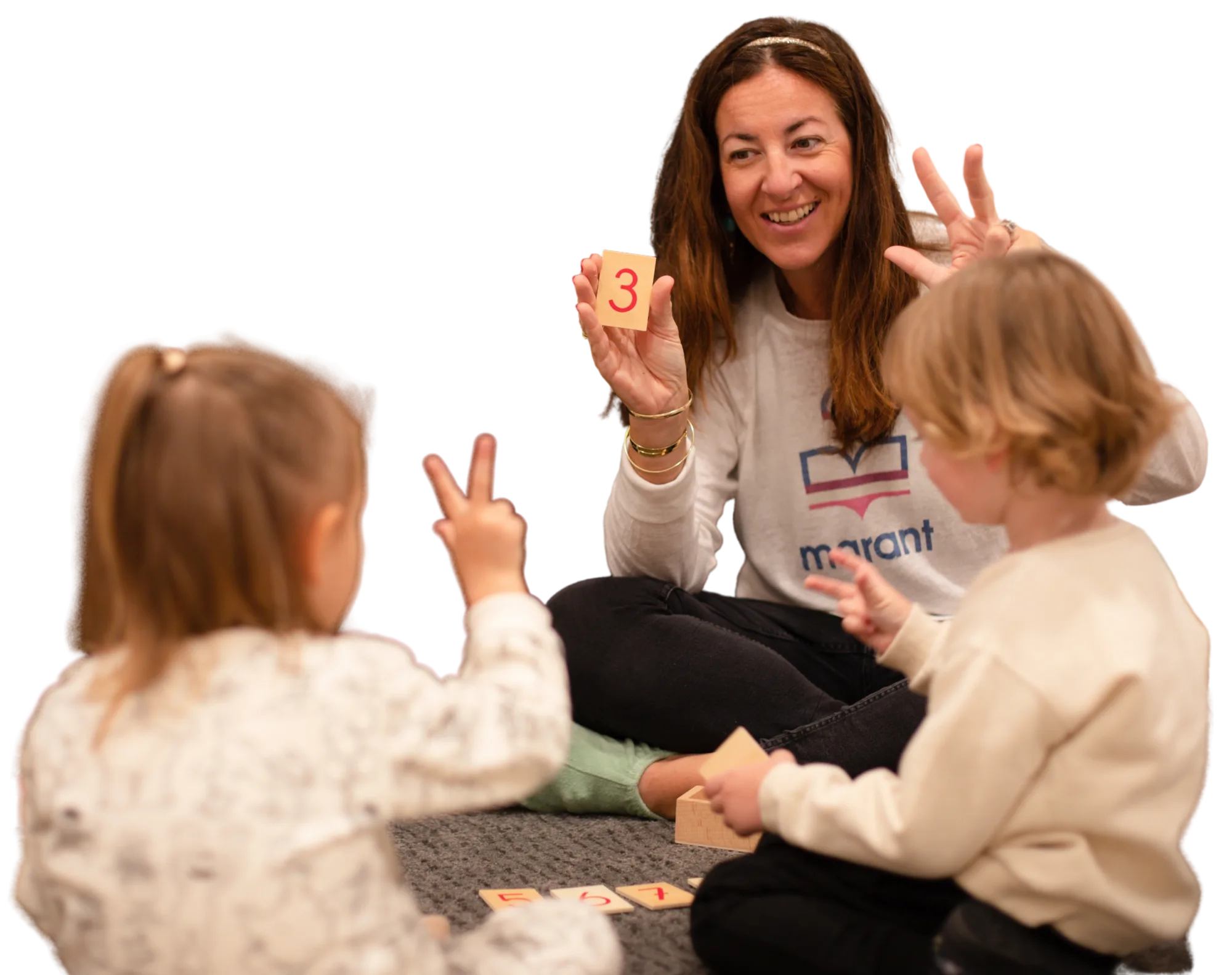News
Experience the Douces Maternelles adventure with us
News from our schools, podcast sharing, topics related to pedagogy and child psychology focus… We share all the news and behind-the-scenes insights from Douces Maternelles.

About us
Make their school dreams come true
We lay the foundations for trust and success, to stimulate children's individual potential.

Learn more
Do you want to…
Do you share common values in our pedagogy? Do you want to opt for our educational project to your child? Let’s talk together!

